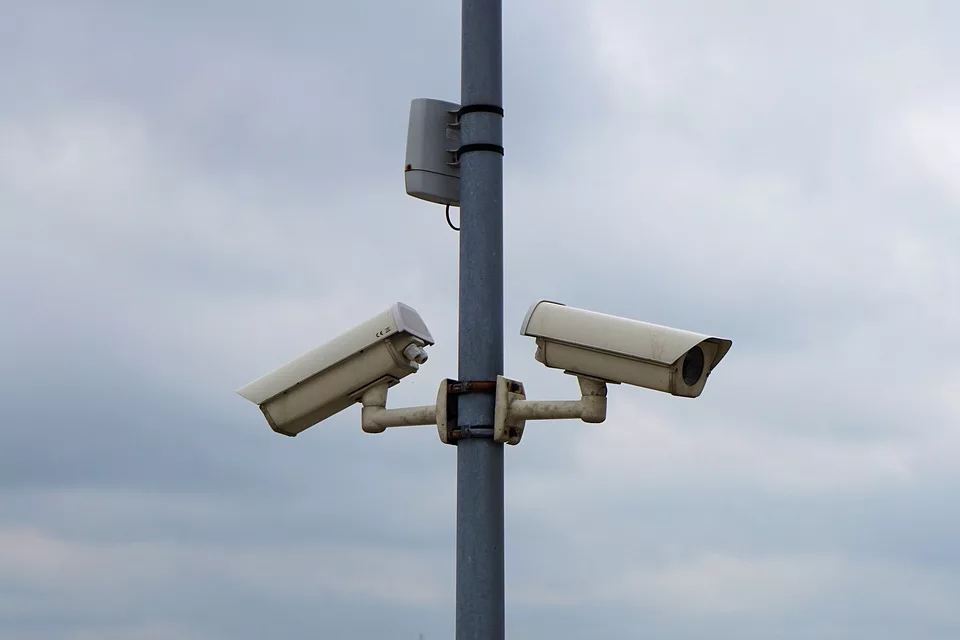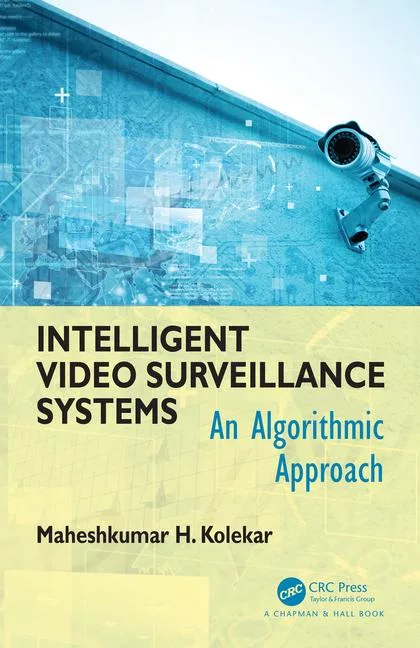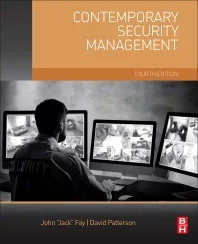24/7 video surveillance violates 4th amendment rights

When Colorado Springs police officers suspected a man of drug trafficking, they attached a surveillance camera to a utility pole outside of his home without first securing a warrant. Police had live video footage via the remotely controlled camera, which could pan left and right, tilt up and down, and zoom in and out on command.
Law enforcement surveilled the man's home, including his front yard, driveway, and fenced-in backyard over a period of three months. Officers also stored the footage indefinitely for later use. Police then obtained a warrant to search the man's home based on activity they witnessed via the pole-mounted camera.
The Colorado Supreme Court held that police use of a pole camera continuously for a three-month-long video surveillance of the man's home, including his fenced-in backyard and stored indefinitely for later review, constituted a warrantless search in violation of the Fourth Amendment.
The court's unanimous decision differentiated the pole camera surveillance from in-person police surveillance, noting the extended duration of surveillance the Colorado Springs man endured.
Looking for a reprint of this article?
From high-res PDFs to custom plaques, order your copy today!





